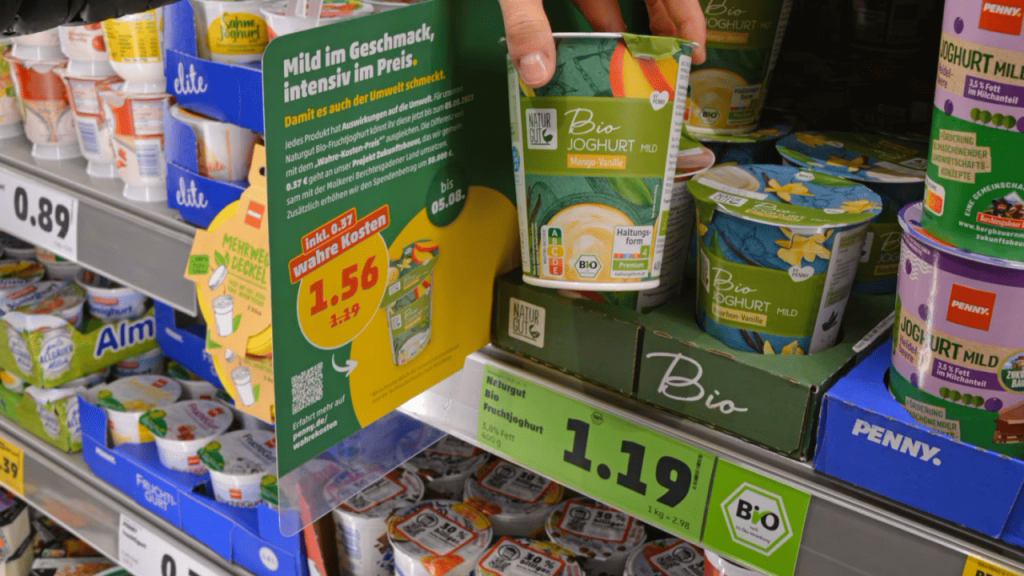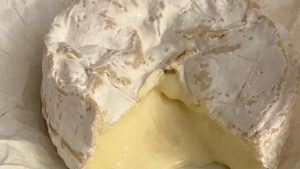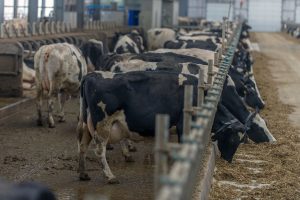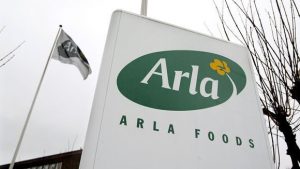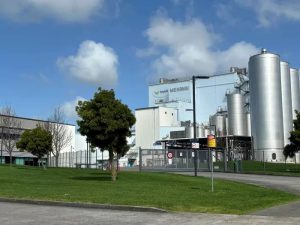
German supermarket Penny has raised its prices of nine mainly dairy and meat products to reflect their “true costs” on the environment and human health in a week-long experiment.
The campaign, in corporation with the Technical University of Nuremberg and the University of Greifswald, will see all 2,150 stores increase their prices until Saturday (August 5).
Scientists increased the price of conventional and organic food products, including one vegan product, taking into account their impact on soil, climate, water and human health.
Agricultural methane and carbon dioxide (CO2) emissions, as well as the impact of nitrogen and pesticides on water quality, are added as additional costs to reflect the “true costs” of a product.
‘True costs’
On average, environmental costs of €1.15 were added to organic products – yoghurt, cheese, mozzarella, and sausages. The price of cheese increased by 69% from €2.19 to €3.70.
In comparison, the same non-organic products were added an additional €1.57 in environmental costs on average. The price of Wiener sausages was increased by 88% from €3.19 to €6.01.
Scientists assessed the environmental and human health costs of the vegan “food for future schnitzel” to be 5% higher, and therefore increased its price by 14c to €2.83.
German supermarket
“The prices of our food, which are incurred along the supply chain, do not reflect the environmental costs,” Penny’s chief operating officer Stefan Goergens said.
The production, processing, transport, and the consumption of food creates costs, so-called “hidden costs” which are not reflected in retail prices, Penny said.
“It’s not about immediately introducing the true cost of all food,” sustainability scientist at the University of Greifswald, Dr. Amelie Michalke, who said that there is a lack of comprehensive scientific foundations, added.
All additional profits made from the campaign will be donated to a project which aims to protect the climate and family farms in the Alpes region, according to the supermarket.
